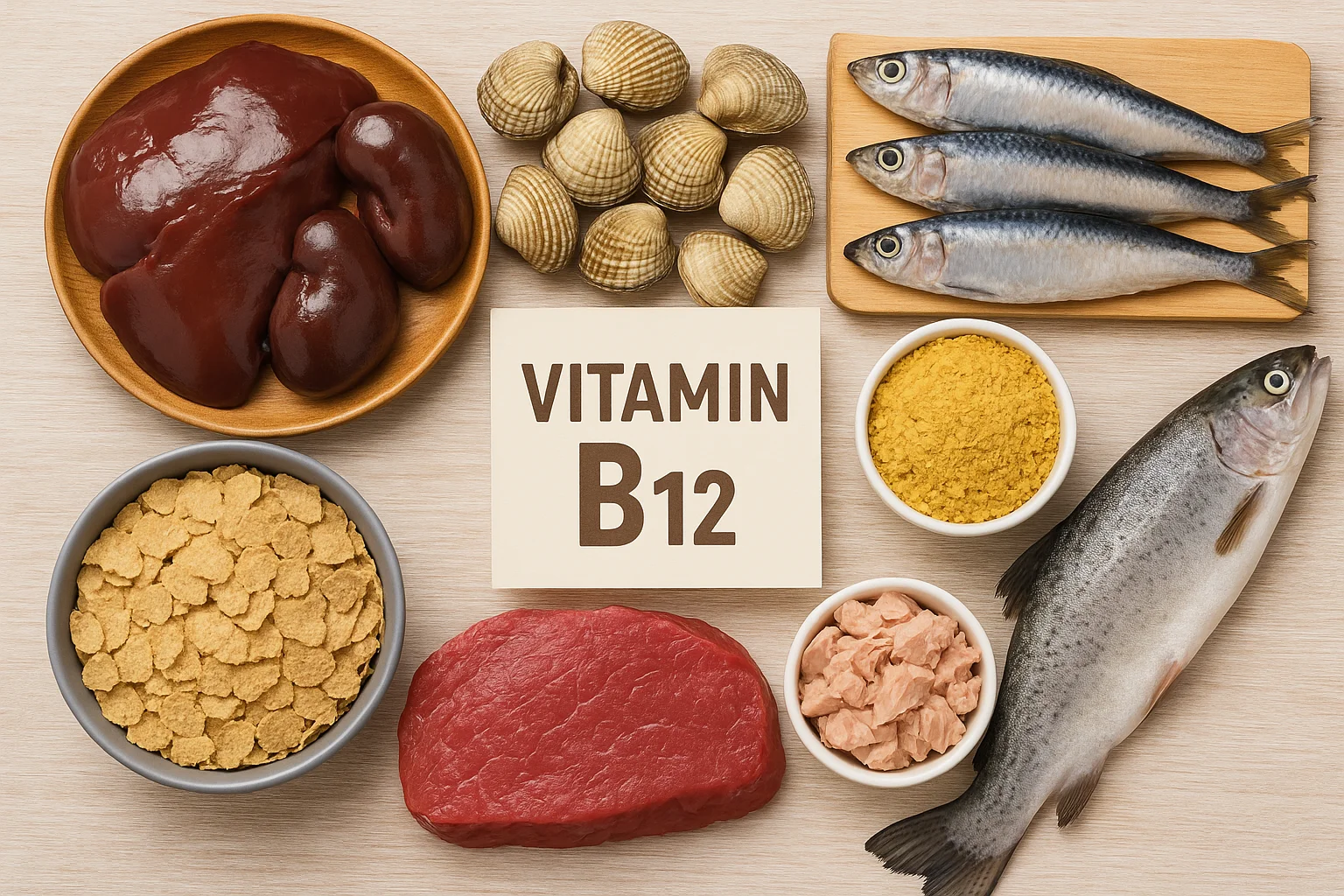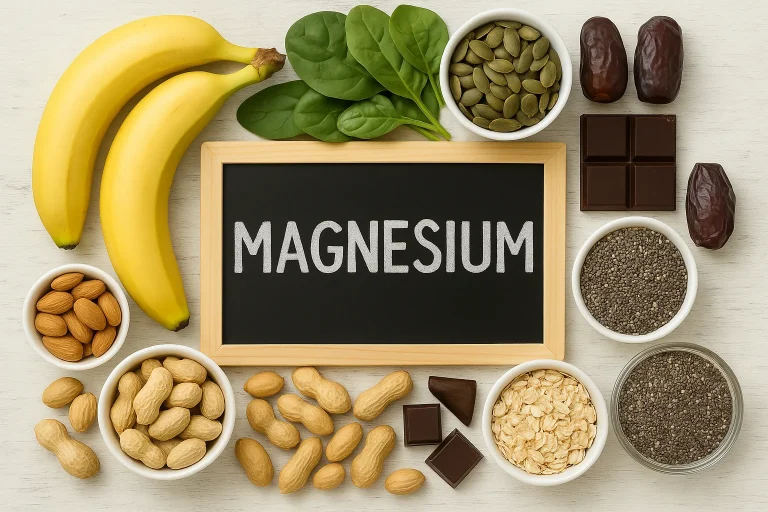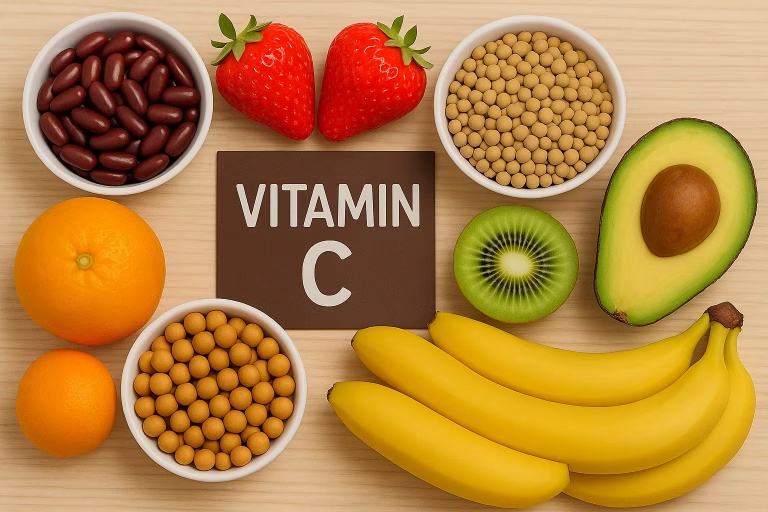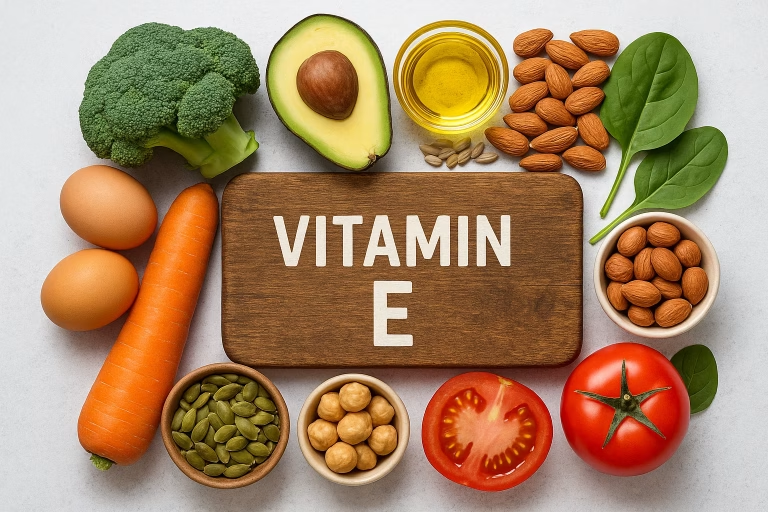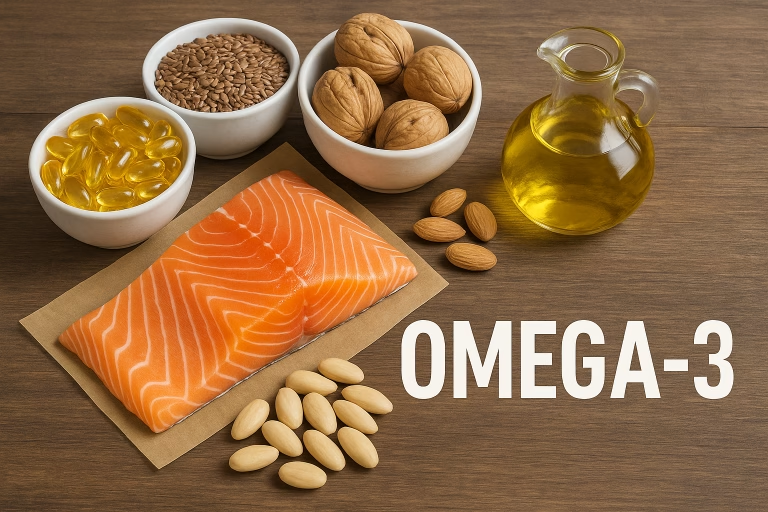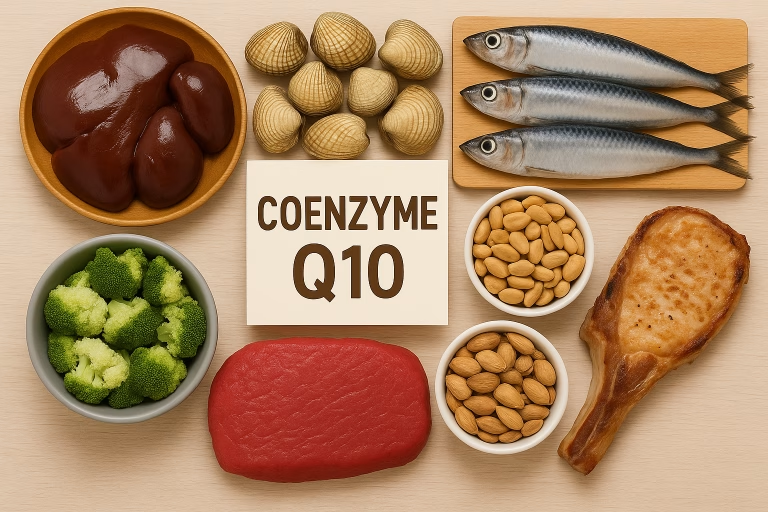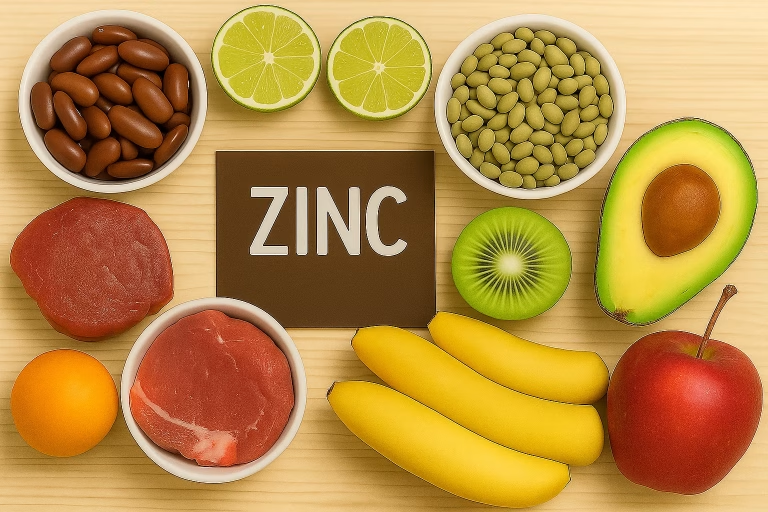In-Depth Review Vitamin B12 For Adults Over 40
Introduction
As we age, our bodies undergo numerous changes, including how efficiently we absorb nutrients. One of the most critical vitamins for maintaining energy, neurological health, and red blood cell production is Vitamin B12. This water-soluble vitamin, also known as cobalamin, plays a vital role in various physiological functions, particularly for individuals over the age of 40. In this in-depth review, we’ll explore the science behind Vitamin B12, its benefits, deficiency risks, supplement options, dosage recommendations, and how to choose the right form for your needs.
What Is Vitamin B12?
Vitamin B12 is an essential nutrient that helps keep the body’s nerve and blood cells healthy. It also aids in the production of DNA, the genetic material in all cells. Unlike other vitamins, B12 is mostly found in animal-based foods such as meat, dairy, and eggs, which is why vegetarians, vegans, and older adults are at higher risk of deficiency.
There are four main forms of Vitamin B12:
- Cyanocobalamin – the synthetic form often used in supplements.
- Methylcobalamin – a natural form involved in brain and nerve function.
- Adenosylcobalamin – active in the mitochondria for energy production.
- Hydroxocobalamin – commonly used in injectable form, especially in clinical settings.
Why Vitamin B12 Is Crucial After 40
1. Decreased Absorption
After age 40, stomach acid production tends to decline, leading to reduced absorption of Vitamin B12 from food. This is especially common in individuals with gastrointestinal disorders, low stomach acid (hypochlorhydria), or those taking medications such as proton pump inhibitors (PPIs) or metformin.
2. Neurological Support
Vitamin B12 is essential for maintaining the health of nerve cells. Deficiency can lead to symptoms such as memory problems, mood disturbances, numbness, and tingling in the hands and feet.
3. Energy and Metabolism
B12 helps convert carbohydrates into glucose, which the body uses for energy. A lack of this vitamin can cause fatigue, weakness, and sluggishness — symptoms that often go unnoticed or are attributed to aging.
4. Cardiovascular Health
Vitamin B12 helps regulate homocysteine levels, a type of amino acid that, in high levels, is associated with an increased risk of cardiovascular disease.
Signs and Symptoms of Vitamin B12 Deficiency
Common symptoms of B12 deficiency include:
- Fatigue or weakness
- Pale or jaundiced skin
- Mood changes or depression
- Memory loss or cognitive decline
- Numbness or tingling in extremities
- Shortness of breath and dizziness
- Glossitis (inflamed tongue)
- Vision disturbances
These symptoms can mimic other conditions and may be subtle in the early stages, making diagnosis challenging without a blood test.
How to Test for Vitamin B12 Deficiency
A simple blood test can determine your serum B12 levels. However, for more accurate insights, doctors may also check:
- Methylmalonic acid (MMA) – elevated in B12 deficiency
- Homocysteine levels – also elevated when B12 is low
- Complete blood count (CBC) – may show enlarged red blood cells (macrocytosis)
Recommended Daily Intake (RDI)
According to the National Institutes of Health (NIH):
- Adults (19-50 years): 2.4 mcg/day
- Adults over 50 years: 2.4 mcg/day, ideally from supplements or fortified foods due to reduced absorption from natural sources
However, many experts recommend higher doses for individuals over 40, especially if they have absorption issues or symptoms of deficiency.
Food Sources of Vitamin B12
Naturally occurring Vitamin B12 is found in:
- Beef liver and clams (highest sources)
- Fish (sardines, tuna, salmon)
- Red meat and poultry
- Eggs and dairy products
- Fortified plant milks and breakfast cereals (for vegans and vegetarians)
For adults over 40, relying solely on food may not be sufficient, especially with age-related absorption issues. This is why we are doing an extensive vitamin B12 review to make sure to give you guidance on all the foods that contain the most vitamin B12.
Vitamin B12 Review Supplements: What to Look For
1. Form of B12
Choose the form that best suits your needs:
- Methylcobalamin: Preferred for neurological health
- Cyanocobalamin: More stable and affordable
- Adenosylcobalamin: Great for mitochondrial support
- Hydroxocobalamin: Ideal for injections and high bioavailability
2. Delivery Method
- Oral tablets or capsules
- Sublingual (under the tongue) – improves absorption
- Sprays and drops – easy and fast-acting
- Injections – for severe deficiencies or malabsorption
3. Dosage
Typical supplement doses range from 500 mcg to 1000 mcg daily. Since Vitamin B12 is water-soluble, excess amounts are excreted through urine, making toxicity rare.
Best Vitamin B12 Supplements for Adults Over 40
Here are some top-rated B12 supplements recommended for adults over 40:
- Jarrow Formulas Methyl B12 – 1000 mcg lozenges, great for cognitive health.
- Nature Made B12 – 1000 mcg tablets with USP verification.
- Garden of Life MyKind Organics B12 Spray – vegan-friendly and easy to use.
- Solgar Methylcobalamin Nuggets – chewable and high absorption.
- Pure Encapsulations B12 Liquid – suitable for people with digestive issues.
Potential Side Effects and Interactions
Vitamin B12 is generally safe and well-tolerated. However, some may experience:
- Mild diarrhea
- Headache
- Nausea
- Anxiety (in high doses for sensitive individuals)
Interactions may occur with medications such as:
- Metformin (used for diabetes)
- Proton pump inhibitors (e.g., omeprazole)
- H2 blockers (e.g., ranitidine)
Always consult with a healthcare provider before starting supplementation.
Tips for Better Absorption
- Choose sublingual forms if you have digestive issues.
- Take with meals for better assimilation.
- Avoid taking B12 with high-dose Vitamin C at the same time, as it may reduce absorption.
- Maintain healthy gut flora – consider probiotics.
Vitamin B12 Review Conclusion
Vitamin B12 is a powerhouse nutrient for adults over 40, playing a key role in energy production, cognitive function, cardiovascular health, and red blood cell formation. With age, absorption challenges make it essential to monitor levels and consider high-quality supplements.
Incorporating B12 through fortified foods and supplements can greatly enhance overall well-being, reduce fatigue, and promote long-term health. By selecting the right form, dosage, and delivery method, individuals over 40 can stay sharp, energetic, and vibrant well into their later years. We hope you liked our in-depth vitamin B12 review and are now more informed about the great benefits this vitamin has to offer. Be sure to check out our other important vitamin reviews to stay up to date on the most important vitamins to take after 40.
Quick Recap
- Vitamin B12 is essential for neurological, cardiovascular, and metabolic health.
- Deficiency risks increase after age 40 due to lower stomach acid and absorption issues.
- Symptoms include fatigue, memory issues, and nerve pain.
- Testing and supplementation are crucial.
- Top forms include methylcobalamin and cyanocobalamin.
- Choose sublingual or spray supplements for optimal absorption.
Ready to boost your B12 and thrive after 40? Make it a part of your daily wellness routine today!

